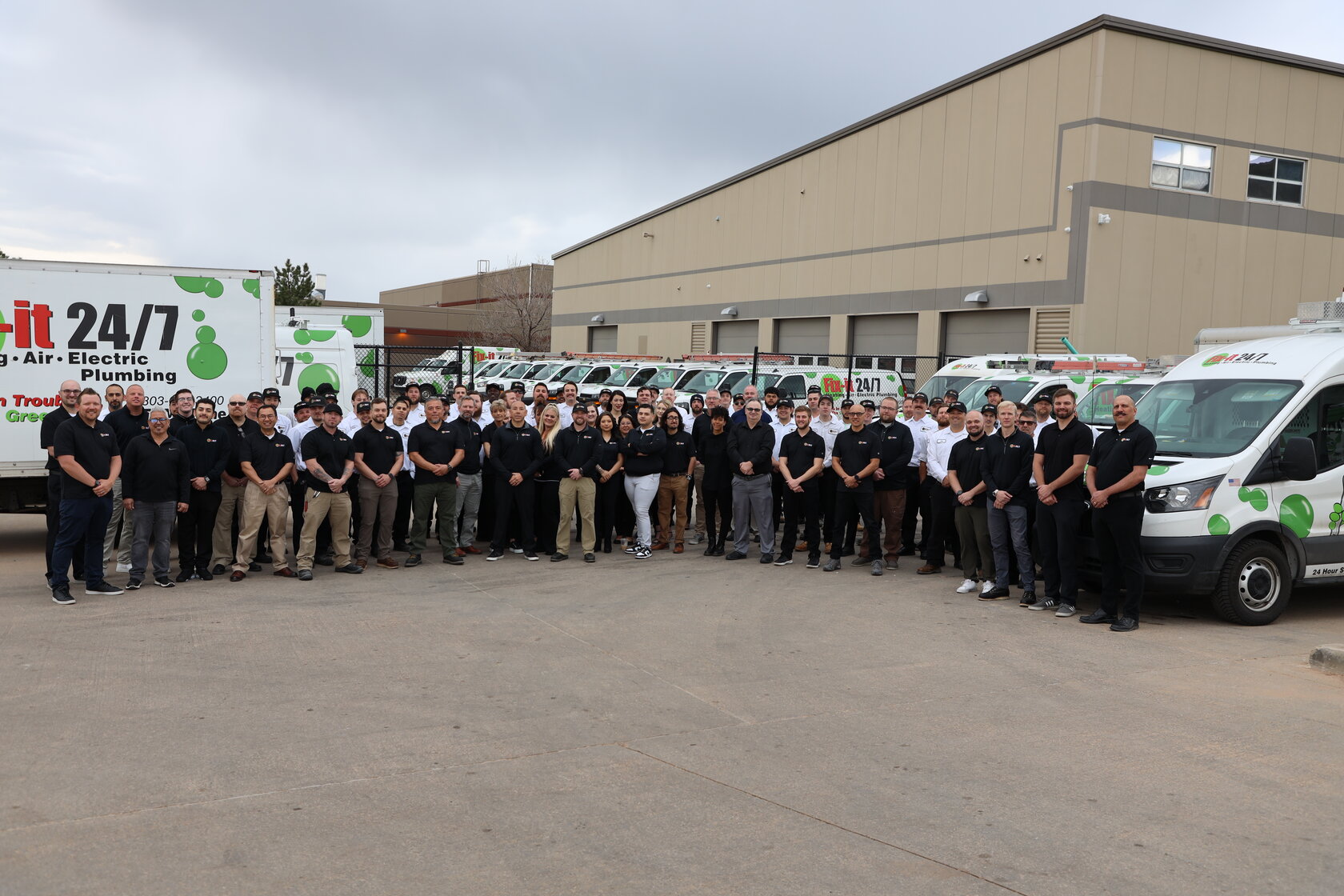Winter can pose several challenges for homeowners in Seabrook Island, especially when it comes to plumbing. Taking steps to prepare your plumbing system for the cold weather is essential to prevent damage and ensure that your home remains comfortable and functional throughout the season. This preparation involves a few key tasks that address the specific needs of your plumbing system.
Checking and Insulating Pipes
One of the most crucial steps in preparing your plumbing for winter is checking and insulating the pipes. This helps prevent freezing, which can lead to bursts and significant water damage. Begin by examining all visible pipes in your home, focusing on those located in unheated areas like basements, attics, and crawl spaces. Look for cracks, leaks, or signs of corrosion that could indicate potential problems.
Once you’ve completed the checks, the next step is insulation. Pipe insulation can be done using foam pipe sleeves or fiberglass insulation. Both materials help keep the heat in and the cold out, reducing the chance of freezing. Make sure to cover all exposed pipes, including those hidden behind walls or ceilings, if possible.
In addition to insulating pipes, you should also consider insulating your water heater. A water heater blanket can help retain heat, making it more efficient and less prone to freezing. Don’t forget to close any ventilation openings in your basement or crawl space, but ensure there’s still adequate airflow to prevent other issues like mold or carbon monoxide buildup.
Properly Draining Outdoor Faucets and Sprinklers
Outdoor faucets and sprinklers are prone to freezing as they are directly exposed to the cold weather. To prevent damage, it’s critical to drain and shut off these components before temperatures plummet. Start by turning off the water supply to your outdoor faucets. This is usually done via a shutoff valve located inside your home.
Next, drain any remaining water in the pipes by opening the faucet outside and letting it run until the water stops. For hose bibs, disconnect any attached hoses and store them indoors for the winter. Consider covering the outdoor faucet with an insulated cover to provide an extra layer of protection against freezing temperatures.
Sprinkler systems require a bit more attention. Begin by turning off the water supply to the sprinkler system. Then, drain the system using the manual drain valves, automatic drain valves, or blow-out method. The blow-out method involves using an air compressor to blow out any remaining water in the sprinkler lines. Ensure all components are thoroughly drained to prevent any leftover water from freezing and causing cracks.
Checking Water Heater Efficiency
Ensuring your water heater runs efficiently is essential during the winter months. Start by checking the unit for any signs of wear or damage. Look for rust, leaks, or unusual noises, which can indicate deterioration that needs immediate attention. If you notice any issues, it’s best to address them promptly to avoid a malfunction during the cold season.
To maintain your water heater’s efficiency, flush the tank to remove sediment buildup. Over time, minerals and debris can accumulate at the bottom of the tank, reducing heating efficiency and possibly leading to corrosion. Draining the tank at least once a year helps remove these sediments and keeps the heater functioning well.
Checking the temperature settings is another important task. The recommended setting is usually around 120 degrees Fahrenheit. Setting it too high can lead to energy waste and increase the risk of scalding, while setting it too low may not provide sufficient hot water during the winter. Adjusting the thermostat to the appropriate setting can help improve efficiency and safety.
If your water heater is old, consider an upgrade to a more energy-efficient model. Modern units are designed to use less energy while providing the same level of performance, which can save you money on utility bills and reduce your environmental footprint.
When to Call a Professional Plumber in Seabrook Island
Certain plumbing tasks are best left to our professionals, especially when they involve complex systems or require specialized tools. Knowing when to call a professional plumber in Seabrook Island can save you time, money, and potential headaches.
If you encounter persistent issues, such as frequent leaks, low water pressure, or slow draining sinks, it’s time to seek professional help. These problems may indicate underlying issues within your plumbing system that need expert attention. Our professionals can diagnose and repair these issues accurately, preventing further damage.
Experiencing inconsistent water temperatures or a lack of hot water can also signal a problem with your water heater. Our technicians have the expertise to assess and fix any issues with your water heater, ensuring it operates efficiently and reliably during the winter months.
Additionally, if you’re planning any major plumbing upgrades or renovations, consulting with our professionals is essential. They can ensure that the new installations comply with local codes and integrate seamlessly with your existing system.
Conclusion
Preparing your plumbing for winter in Seabrook Island involves several key steps: checking and insulating pipes, properly draining outdoor faucets and sprinklers, and ensuring your water heater is efficient. Each of these tasks helps protect your plumbing system from the harsh winter weather and prevents costly repairs or damage.
For expert plumbing services tailored to your needs, contact Fix It 24/7 Air Conditioning. Our knowledgeable plumber in Seabrook Island is ready to help you prepare your home for winter. Call us today and ensure your plumbing system is safe and efficient for the cold months ahead!

